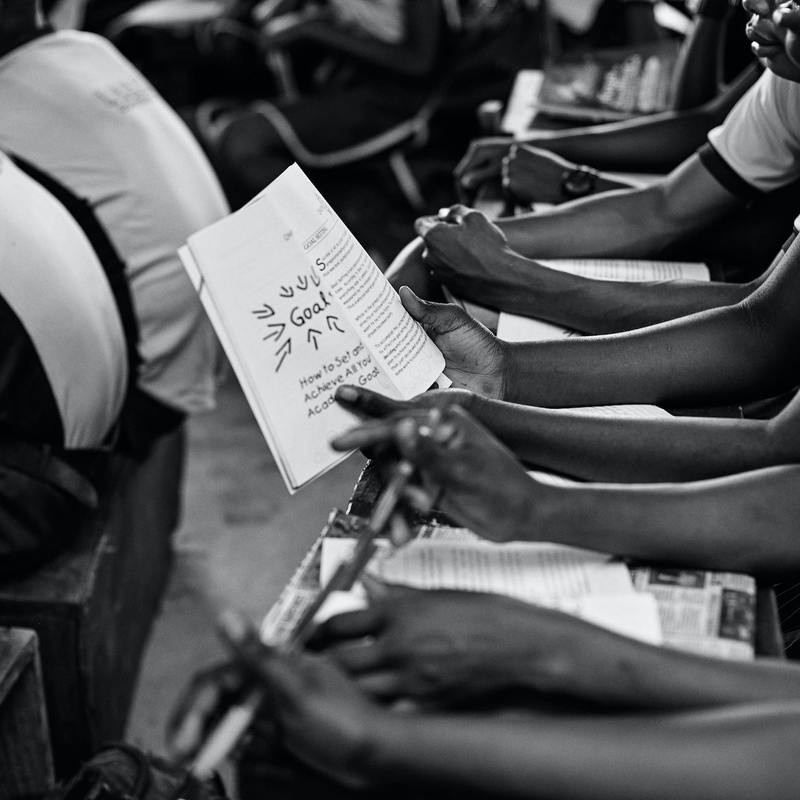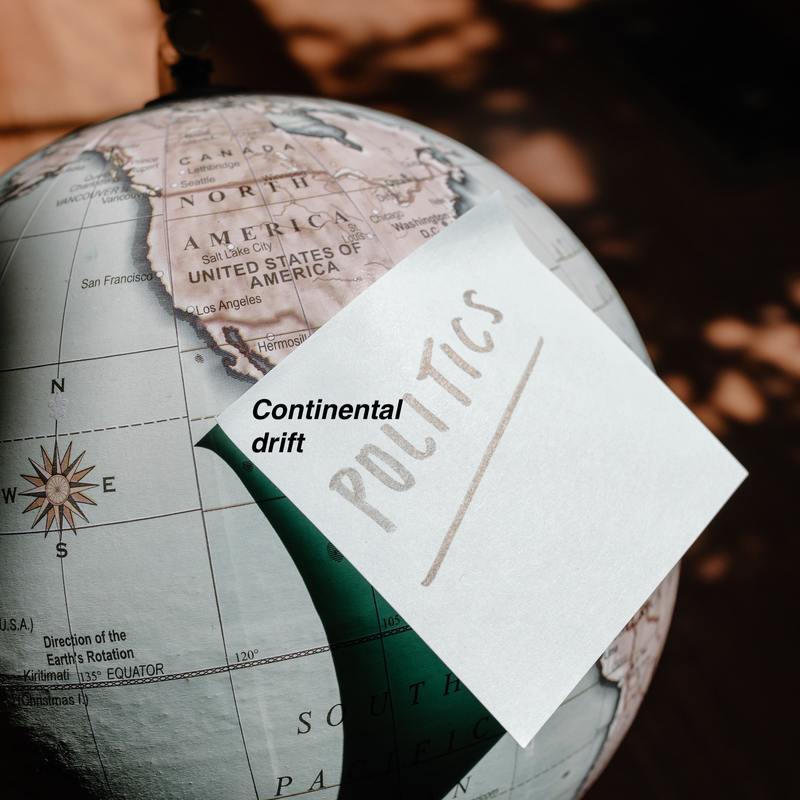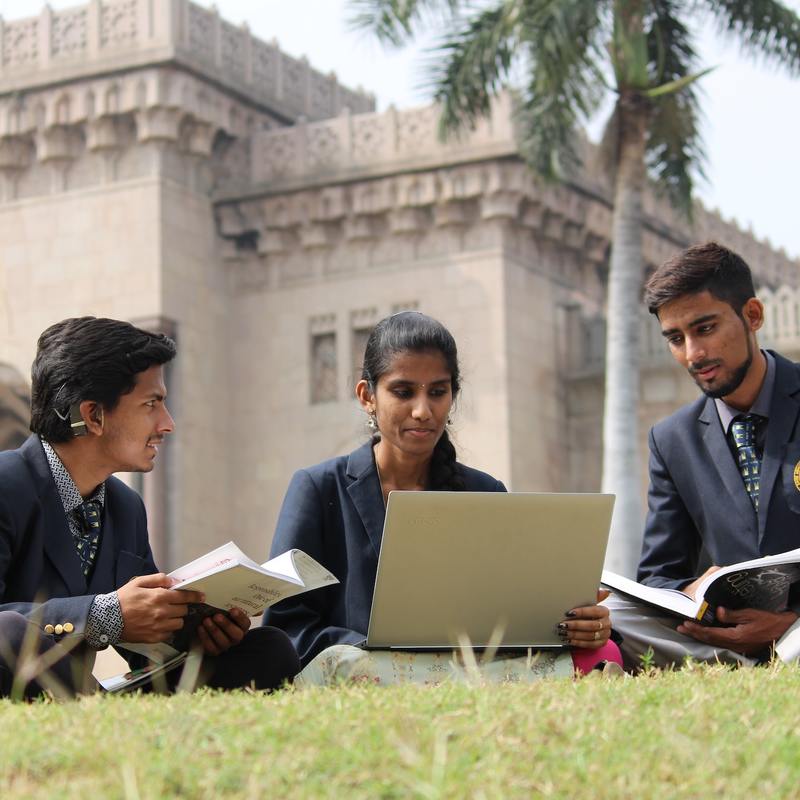Search
The Importance of Diversity in Knowledge Sharing: Why JOSHA is the Ideal Platform
DOI: 10.17160/josha.10.4.904
The article discusses the importance of diversity in academic publishing and the role of JOSHA in promoting open access and interdisciplinary research. While traditional publishing often favours the 'consolidation' of work, JOSHA encourages authors to publish disruptive and innovative work that may challenge existing paradigms. With a focus on accessibility and freedom from restrictions, JOSHA aims to provide a platform for scientists, artists and scholars of all backgrounds to share their ideas and knowledge. By prioritising the needs of authors and readers, JOSHA hopes to revitalise academic publishing and promote the power of diversity in sharing knowledge.
Algorithmic Futures – Between the End of Work and the Desire for Recognition
DOI: 10.17160/josha.10.3.903
The widespread automation of jobs could lead to a crisis of identity and self-esteem in humans, as recognition for socially useful activities is essential to human identity. Loss of recognition has been associated with social turmoil and the emergence of populist and authoritarian regimes. The new technological elites may pave the way for new struggles for recognition if the narrative of radical expendability remains unchallenged.
Editorial Volume 10 Issue 2
DOI: 10.17160/josha.10.2.900
The Josha-Journal looks to the future! In addition to many exciting contributions from various scientific and artistic disciplines, artificial intelligence is a focus of the current issue.
Major Problems of Colleges of Education in Nigeria and Possible Solutions
DOI: 10.17160/josha.10.3.894
This paper provides a comprehensive review of the challenges facing colleges of education in Nigeria. The study examines the historical background of colleges of education in Nigeria, the challenges facing them, and the possible solutions. The paper highlights the issues of inadequate funding, lack of qualified personnel, outdated curriculum, poor infrastructure, and inadequate facilities as some of the major challenges facing these institutions. The study provides possible solutions and suggests that urgent intervention is needed to address these challenges to improve the quality of teacher education in Nigeria. In order to achieve this, this study adopts a qualitative research design by conducting a comprehensive review of the literature on the challenges facing colleges of education in Nigeria. The study collects data from various sources, including books, journals, reports, and online sources.
JOSHA's Critical Review of "PhD Training is no Longer Fit for the Purpose – it Needs Reform Now” by Nature
DOI: 10.17160/josha.10.5.891
The editorial in Nature titled "PhD Training is No Longer Fit for Purpose - It Needs Reform Now" highlights the urgent need for reform in doctoral training, which is failing to meet the expectations of world leaders who consider science crucial for national welfare. Doctoral training has long been troubled, with concerns about inadequate student grants, lack of support, poor quality supervision, and systemic discrimination in academic culture. Additionally, doctoral students are not prepared for the interdisciplinary work and large teams that are characteristic of contemporary science, particularly outside of academic research. The article suggests that the current system of doctoral training, based on a master-apprentice relationship with individual professors, is outdated and inadequate. The editorial calls for a revolution in doctoral training design and funding, similar to the one that occurred when education became open to all.
JOSHA’s Critical Review of “The Problem of ‘Trickle-down Science from the Global North to the Global South” by D. Reidpath and P. Allotey
DOI: 10.17160/josha.10.6.890
This article by Daniel D. Reidpath and Pascale Allotey examines the issue of 'trickle-down science' from the Global North to the Global South and its impact on scientific research. The authors identify three consequences of this focus: researchers in the Global North shifting their attention away from the Global South, those trying to maintain their focus on the Global South, and frustrated researchers returning to the Global South due to a lack of opportunities. The article uses examples to illustrate the mismatch between research conducted in low- and middle-income countries and the specific needs of the Global South. The authors highlight the challenges facing the Global South and argue for a more collaborative and balanced approach that takes into account the needs and priorities of this region. This article was first published in 'BMJ Global Health' on July 05, 2019 (https://doi.org/10.1136/bmjgh-2019-001719).
JOSHA’s Critical Review of "India’s Scientific Diversity: Caste Barriers" by Ankur Paliwal
DOI: 10.17160/josha.10.4.889
The article "India's Scientific Diversity: Caste Barriers" by Ankur Paliwal highlights the challenges faced by marginalised communities in pursuing scientific careers in India. It reveals the under-representation of Adivasis and Dalits in science and their discriminatory experiences in higher education. The article emphasises the need for more mentorship and guidance for students from marginalised communities and calls on the government and institutions to address the lack of diversity and promote equality. While the article is effective in drawing attention to the issues, it lacks an in-depth analysis of the root causes of caste barriers and offers limited recommendations for overcoming them. It also fails to explore the wider impact of the caste system on scientific research.
Personalized Treatments
DOI: 10.17160/josha.10.5.887
This newsletter explores the topic of personalised treatments for mental illness and the barriers to their inclusion in standardised healthcare. While there are different classes of antidepressants, even drugs within the same class can have different effects on people with the same mental illness. This variation in response can be due to a number of factors, including genetic make-up, environmental influences, and personal circumstances. The development of personalised treatments that take these factors into account could greatly improve outcomes for people with mental illness. However, there are several challenges to implementing this approach, including the need for more research and the high cost of developing personalised treatments. Despite these challenges, personalised medicine has the potential to transform mental health care and improve the lives of millions of people. This article was first published in Subkiton on February 01, 2023 (https://www.subkit.
The Neuroscience of Grief
DOI: 10.17160/josha.10.4.886
The process of grieving is not just a personal and emotional journey, but a biological one as well. The body and brain are transformed by grief, making it impossible to simply decide to stop grieving. Recognizing the physical aspects of grief is crucial to fully heal and reduce feelings of sorrow and despair. While supporting someone who is grieving can be emotionally and physically draining, it is important to prioritize self-care and take breaks when needed. However, when spending time with a grieving person, it is vital to hold space for their emotions and validate their unique journey. This newsletter explores the differences between grief and depression, the complexities of complicated grief, the role of grief triggers, and how grief affects both the brain and body. It also delves into the neuroscience behind supporting someone in grief.
The Biology of Attachment Formation
DOI: 10.17160/josha.10.4.885
In this article, we explore the biology behind the process of attachment formation between a caregiver and a child. The focus is primarily on mothers and their infants or young toddlers, but we anticipate that the science extends to other populations as well. We discuss the biological process of attachment formation and the factors that influence the quality of attachment between a parent and child. While there may be hormonal differences between males and females, both can form strong attachments, and the hormone oxytocin plays a critical role in forming attachments in both caregiver-child and romantic relationships. In the end, what it comes down to is that it is an adult who is personally invested in the wellbeing of a child. This article was first published in Subkiton on November 01, 2022 (https://www.subkit.com/pernillebuelow/posts/the-biology-of-attachment-formation)









